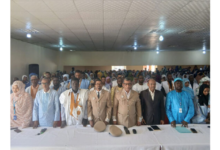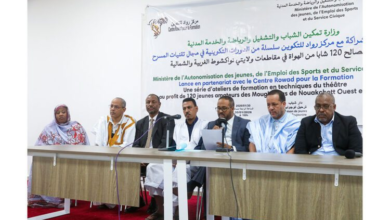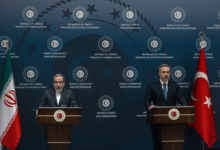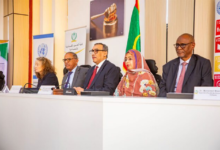Russia Reveals Bashar al-Assad and His Family’s Asylum After His Ousting: Massive Fortune and a New Life in Moscow
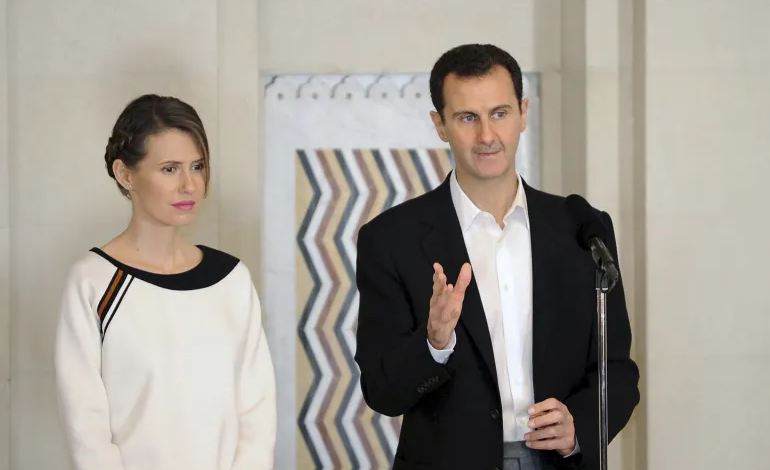

Despite two days having passed since the ousting of Syrian President Bashar al-Assad, Russia continues to withhold information about his whereabouts, according to a report by the Israeli newspaper Yedioth Ahronoth.
The newspaper points to statements from senior Russian government officials who confirmed that Bashar al-Assad and his family arrived in Moscow and were granted political asylum by President Vladimir Putin.
According to some estimates, Assad and his family members, including his wife Asma and their children, Hafez (24 years old), Karim (21 years old), and Zain (22 years old), are currently residing in Russia. The Daily Mail reported that the U.S. State Department estimates Assad and his wife’s fortune at around $2 billion, spread across bank accounts, shell companies, tax havens, and real estate projects worldwide.
The British newspaper’s estimates, as cited by Yedioth Ahronoth, suggest that the Assad family owns at least 20 apartments in Moscow, valued at approximately $40 million. Additionally, Mohammed Makhlouf, Assad’s uncle, purchased 18 luxury apartments in an exclusive complex in the Russian capital, where Russian government ministers and wealthy businessmen also reside. It is likely that the Assads have chosen one of these locations to live, or that Putin has allocated a secure site for them.
The Assad family has always been familiar with Moscow, as their son Hafez studied at university there and wrote his thesis in Russian, while his mother attended his graduation ceremony.
The move to Moscow comes at a difficult time for the Assad family, not only due to the humiliating ousting from Syria but also because of Asma al-Assad’s illness, which was revealed in May. She was diagnosed with leukemia, after being declared cancer-free from breast cancer in 2018.
In Damascus, there has been a wave of joy and celebration following the fall of the regime. Rima Ramadan, a Ministry of Finance employee, expressed her feelings, saying, “It’s indescribable. We never thought this nightmare would end. We were born again.” However, life in the Syrian capital has not yet returned to normal. Traffic remains light, many shop owners have refused to open their stores, public institutions and schools remain closed, and rebel forces have been seen near the central bank.
On the political front, it remains unclear who will lead Syria or what type of system the country will adopt in the future. While Hay’at Tahrir al-Sham emerges as the strongest local force, its leader, Ahmad al-Shara, has made efforts “to present a moderate image,” though the West remains cautious, ensuring that the opportunity is not exploited to establish a “radical” Islamic regime in the country.


